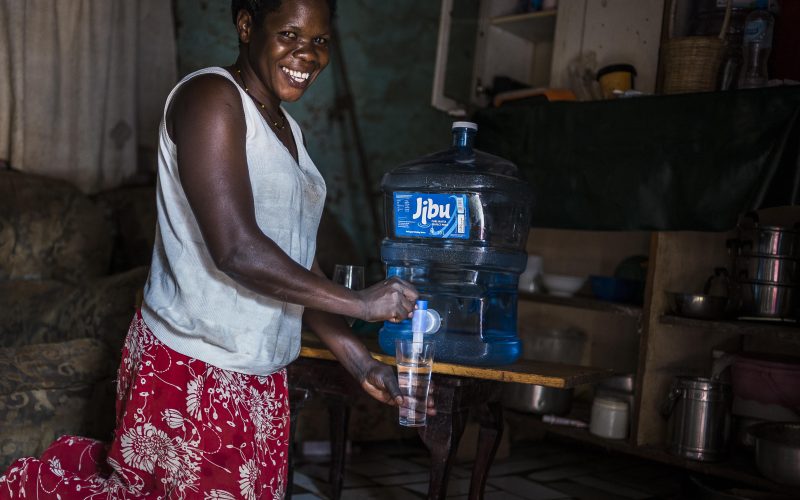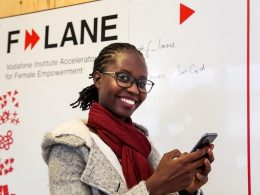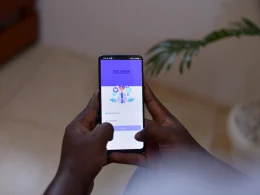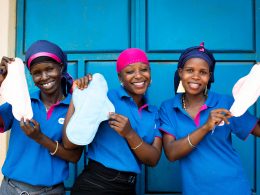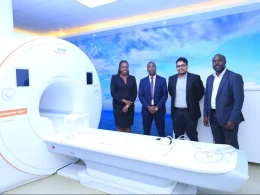By Mark Kawalya
Water is one of the fundamental essentials for life. In many parts of Africa, a lack of safe water presents business opportunities that can be grasped while improving communal livelihoods and promoting good health.
Jibu, a startup based in Rwanda, employs a franchising business model that seeks to achieve all three, where the franchise treats, packages, and distributes affordable water. Jibu has set up shop in most of the major East African cities, giving an economic opportunity to aspiring entrepreneurs.
The firm was started in 2012 by Randy and Galen Welsh, a father-and-son duo. Over time, the social enterprise has grown to become the leading purveyor of bottled water, with a footprint established in seven countries.
Jibu uses a hybrid for-profit strategy that utilizes blended finance to catalyze and equip entrepreneurs in developing countries to become suppliers of high-quality yet affordable drinking water to their communities.
The company uses a combination of grants, equity and debt to upscale its network of franchises that are owned by everyday locals.
Franchise owners buy a license from Jibu with an upfront fee and are given exclusive jurisdiction of two square kilometers, which marks their area of operation. The company then sets up a full turnkey storefront, that includes retail space, a production area and eco-friendly ultra-filtration equipment that produces international standard quality drinking water.
Jibu then charges the franchisee a flat rate for every processed liter of water, to enable the firm to recoup the upfront capital expenses and related costs of running the network.
Jacques Mwiza, a single mother of three, is one such franchise owner. Her store is the size of two small rooms. Large bottles of water sit patiently on the shelf, waiting for their turn to be dispatched. Mwiza owns two other Jibu franchises and makes enough to survive and take care of her children while supplying her community with clean drinking water. The only competition she faces is from potential customers who still prefer to boil their water.
While many blended finance firms target middle-income nations, Jibu uses a different approach. The startup sets up operations in countries where they can have the biggest impact, through reaching underserved communities. Jibu works primarily in countries with the least development while focusing on East and Southern Africa. Some of these countries include Zambia, Rwanda, Kenya and Uganda.
Rwandan Startup Jibu Makes Clean Drinking Water Accessible to the Underserved.
